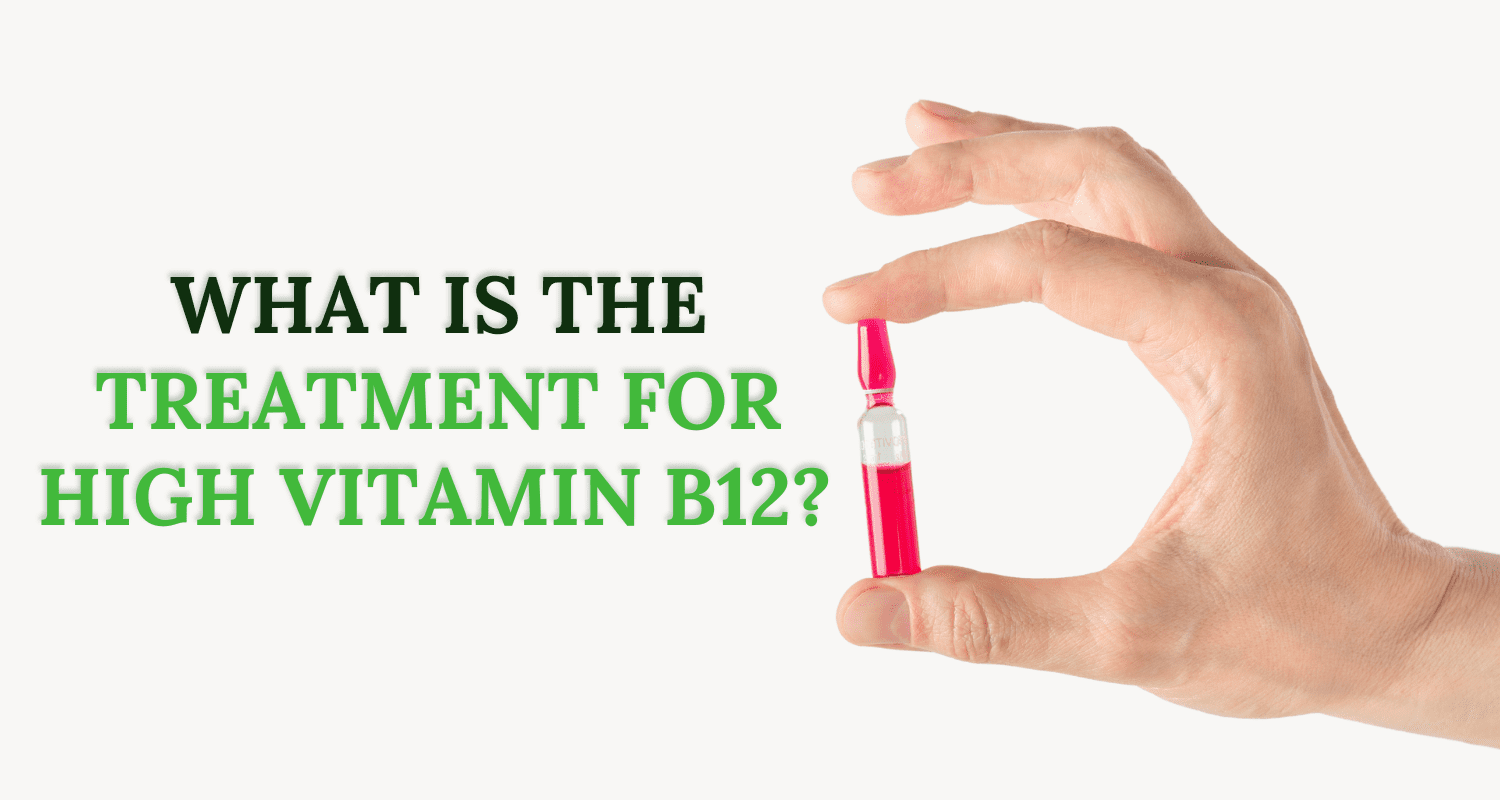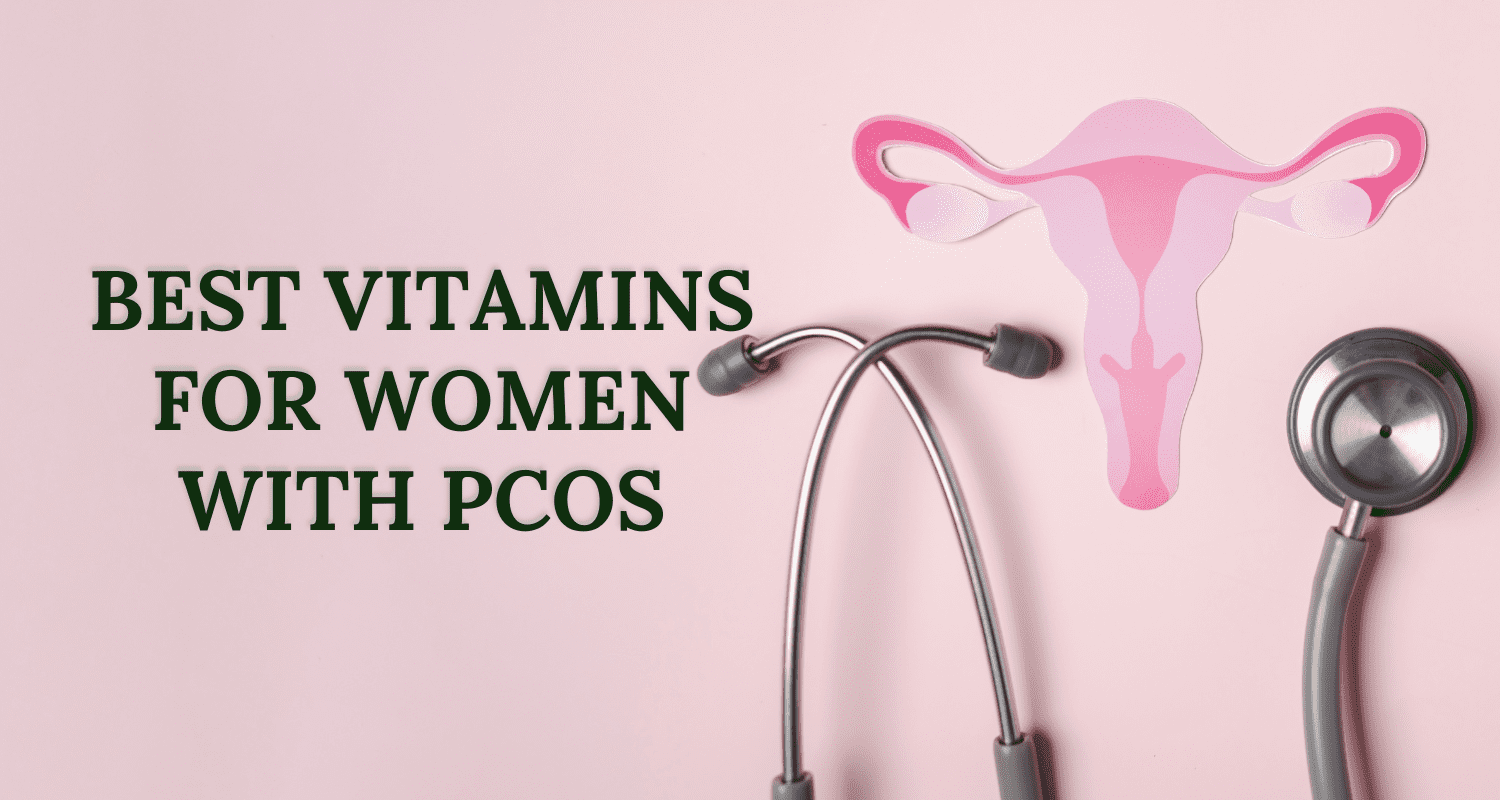Acne doesn’t just bother teenagers. It affects over 50 million Americans yearly. But, it’s more than just skin deep.
For many, acne lowers self-esteem and impacts daily life. People everywhere are looking for ways to clear their skin. One option that’s been getting a lot of attention is vitamin C.
In this article, we’ll explore: is vitamin C good for acne? We’ll also discuss its benefits and overall effects on the skin, different sources for reducing acne, and how to choose the right vitamin C.
Let’s delve into is vitamin C good for acne.
Key Takeaways:
- Vitamin C is a powerful antioxidant that may help reduce inflammation and hyperpigmentation associated with acne.
- Is vitamin C good for acne? Topical application of vitamin C has shown promising results in improving acne lesions and reducing the appearance of acne scars.
- More research is needed to determine the optimal concentration and formulation of vitamin C for maximum effectiveness in treating acne.
- Vitamin C offers additional benefits for overall skin health, such as reducing hyperpigmentation and promoting collagen synthesis.
- Consult with a healthcare professional or dermatologist before incorporating vitamin C products into your skincare routine for acne.
What is Vitamin C and How Does it Affect the Skin?
Vitamin C, also called ascorbic acid, is key for healthy skin. It shields the skin from damage as a powerful antioxidant. Our skin naturally contains this vitamin, using it to protect and heal itself.
Applied on the skin, vitamin C eases inflammation and boosts collagen production. It’s good for acne scars and cuts down on uneven skin tones. By controlling melanin production, it fades dark spots from acne or injuries.
The use of vitamin C for acne needs more study. Yet, its antioxidant features and skin benefits are well known. It’s a common addition to skincare products. But, its effects might differ from person to person. This is because the results can change with the product’s design and strength.
Adding vitamin C to your skincare may help if you have acne. Still, it’s best to talk with a dermatologist or doctor first. They can give tailored advice. They will also help choose the right vitamin C products for your skin.
Can Vitamin C Help Reduce Acne-related Inflammation?
Acne is a common skin issue with blocked pores and redness. Vitamin C is known for possibly easing inflammation linked to acne.
Ascorbic acid, or vitamin C, is an antioxidant with anti-inflammatory traits. These help calm the skin, lessening swelling from acne outbreaks.
Research suggests that putting vitamin C directly on the skin can improve acne. A vitamin C serum, with a high amount of this vitamin, can work best. This serum can go deep into the skin and counter the inflammation from acne.
Sodium ascorbyl phosphate (SAP) is a type of vitamin C that stands out. It’s stable and excellent at lessening redness and swelling from acne.
Benefits of Using Vitamin C for Acne:
- Vitamin C has anti-inflammatory powers that reduce acne redness and swelling.
- Applying vitamin C directly, especially SAP, can significantly better acne lesions.
- Vitamin C serums are high in vitamin C to effectively tackle inflammation in acne.
Vitamin C looks good for fighting acne swelling, but more studies are necessary. For the best care, talk to a skin doctor or a healthcare expert before trying vitamin C for your acne.
Can Vitamin C Improve the Appearance of Acne Scars?
Many people worry about acne scars after they’ve had acne. These scars can be upsetting as they remind us of past breakouts. Luckily, vitamin C can help make them look better.
Vitamin C is key in making our skin produce more collagen. Collagen is a protein that keeps our skin strong and elastic. So, when we have acne scars, boosting collagen helps reduce their rough look.
Using products with vitamin C can boost collagen and fade acne scars. Applying a cream or serum with vitamin C really works. Vitamin C’s antioxidants fix damaged skin and encourage the growth of new cells.
Here are a few ways vitamin C can help improve the appearance of acne scars:
- Vitamin C helps make more collagen. This rebuilds and repairs the skin, making scars less visible.
- It can lighten dark spots left by acne. This helps make the scars blend in more.
- Vitamin C also smoothens the skin’s surface. It helps reduce the roughness often seen with acne scars.
Just using vitamin C might not fully improve acne scars. Mixing it with other treatments like retinol or peels can make it work better. Remember, results may take time to show, and they vary among people.
Always talk to a skin expert before trying new skin treatments. They can offer advice tailored to you. They’ll help pick the right vitamin C products and other treatments for your acne scars.
Can Vitamin C Reduce Hyperpigmentation?
Hyperpigmentation is when dark spots appear on your skin. It often happens because of acne, too much sun, or other wounds. Vitamin C may lessen these dark spots by playing a role in how much melanin your skin makes.
When you use vitamin C on your skin, along with other agents like iontophoresis, it could work well. Studies have shown this mix can be effective against hyperpigmentation.
But we need to do more research to know the best way to use and how much vitamin C to apply. This will help make sure it works as well as it can.
What Are the Different Sources and Formulations of Vitamin C?
Vitamin C is an antioxidant found in fruits, veggies, and supplements. For acne, vitamin C in topical products works best. It’s more effective this way.
L-ascorbic acid is the strongest kind of vitamin C. It helps reduce skin inflammation and makes collagen. But, it’s not very stable. It breaks down fast with light, air, or heat.
That’s why skincare often uses stable forms like SAP and MAP. These keep vitamin C strong but last longer.
Sodium Ascorbyl Phosphate (SAP)
- SAP is a common form of vitamin C used in skincare products.
- It lasts longer than L-ascorbic acid.
- For acne and dark spots, SAP is great because it brightens and calms the skin.
- It’s water-soluble, so the skin absorbs it easily.
Magnesium Ascorbyl Phosphate (MAP)
- MAP is also a stable vitamin C form used in skincare.
- It’s not as strong as L-ascorbic acid but still good for your skin.
- MAP fights off skin damage and can reduce acne scars.
- It’s gentle and good for sensitive skin types.
It’s vital to use vitamin C products for acne correctly. Keep them in a cool, dark spot for the best results. Throw out old or changed-color products to make sure they work. If you’re not sure which products are right for you, talk to a dermatologist or skincare expert.
How Does Vitamin C Benefit Overall Skin Health?
Vitamin C helps with more than just acne. It works wonders for the skin overall. It guards against sunburn and boosts collagen. These are vital for great skin care.
- Soothes Sunburns: It can reduce sunburn discomfort and skin redness from too much UV exposure.
- Protects Against UV Damage and Free Radicals: Vitamin C fights off UV harm and free radicals. This cuts down on early aging.
- Prevents Sagging: It encourages the making of collagen. This keeps skin tight and reduces sagging.
- Reduces Under-Eye Circles: Vitamin C also brightens your skin. This makes dark circles less noticeable.
- Hydrates the Skin: It’s great at keeping skin moist. This leads to a softer, fuller face.
The Role of Vitamin C in Collagen Production
Vitamin C is a top helper in making collagen. Collagen is key for strong skin and healing wounds. With more collagen, skin is smoother and firmer. Despite not fixing acne directly, it’s a must for healthy skin.
Are There Any Precautions or Side Effects of Using Vitamin C for Acne?
Most vitamin C serums and creams for acne are safe. But, before using them all over your face, do a patch test. This is to avoid any bad skin reactions. It’s rare, but those with delicate skin should be careful, especially with serums having L-ascorbic acid.
L-ascorbic acid, a form of vitamin C, might make your skin red and dry. If this happens, stop using the product. Then, get advice from a dermatologist or a doctor. They can help you figure out a better plan for your skin.
Patch Test Before Application
To use a new skincare product safely, always patch test it first. Here’s how:
- Apply a small amount on a hidden skin area, like behind your ear.
- Wait at least 24 hours and watch for any bad skin reactions.
- If there’s no irritation, the product is likely okay for you. Still, be cautious.
If you’ve had skin allergies before, seeing a doctor first is very important. This step can prevent serious skin problems.
Consult a Dermatologist or Healthcare Professional
If you’re using other acne treatments, talk to a doctor before adding vitamin C. They’ll check what’s best for you to avoid any bad skin reactions.
Doctors can look into your skin needs and check for possible issues with other products. They’ll give advice that fits your skin best. This way, you get the effects you want without the risks.
Talking to a skincare professional helps you learn what’s best for your skin and how to care for it.
How to Choose and Use Vitamin C Products for Acne?
Want to use vitamin C for your acne? It’s key to pick the right products. You want ones that work well and tackle your acne issues. Here’s what you need to know to make smart choices and maximize the benefits of vitamin C in your skincare.
1. Opt for L-ascorbic acid:
Seek out serums with L-ascorbic acid when you shop for vitamin C for acne. This form, L-ascorbic acid, is the top dog. It’s the strongest and most effective at getting vitamin C’s perks into your skin.
2. Serums over creams or toners:
Serums top the charts for getting vitamin C into your skin. They’re packed with more active ingredients and lighter. This helps them soak in and work their wonders better.
3. Look for antioxidant combinations:
Think about getting a vitamin C product that has other antioxidants, like vitamin E. This mix can make vitamin C more stable. Plus, it gives your skin added benefits.
4. Follow the manufacturer’s instructions:
Stick to the how-to’s that come with your vitamin C products. Doing it right ensures they do their job well. This step is key for making the most of these products.
5. Be consistent:
Want to see great results? Be regular with your vitamin C products. Use them daily and as the directions say. Being steady is crucial for your skin to show improvement.
6. Consult a dermatologist:
If you’re worried or using other acne treatments, talk to a skin expert. A dermatologist can give you specific advice. They’ll help tailor a plan to meet your skin care needs.
Stick to these tips when choosing vitamin C items for your skin. By doing so, you can smoothly add this strong antioxidant to your acne care. You’ll enjoy the benefits it can bring to your skin.
Conclusion
Acne can be really frustrating. But, there are things that might help. We need more research to be sure about using vitamin C for acne, but early signs are good.
Is vitamin C good for acne? Vitamin C can help with swelling and redness. This means it might make your acne look less severe. It’s good because it fights the inflammation that comes with acne.
Also in, is vitamin C good for acne? Vitamin C might make acne scars look better. It helps make new skin by boosting collagen. Over time, it could make your scars less noticeable.
Vitamin C is also good if you have dark spots. It stops the skin from making too much melanin. This can make your skin tone more even.
But vitamin C does more than tackle acne. It protects your skin from the sun and harmful free radicals. It also helps keep your skin moist and boosts collagen production.
Remember, it’s best to use vitamin C in your skincare routine with a professional’s advice. A doctor or a skin expert can help you pick the right products for your skin and need.
In short, is vitamin C good for acne, vitamin C looks like it could be great for acne. It soothes skin, makes scars less visible, and evens out skin tone. With its many benefits, it’s a good thing to have in your skincare stash.
FAQs
Is vitamin C good for acne?
Vitamin C can help reduce inflammation and promote healing, making it beneficial for acne.
Can I use vitamin C when I have acne?
Yes, you can use vitamin C when you have acne; it can help reduce redness and support skin repair.
Does vitamin C fade acne?
Vitamin C can help fade acne scars and hyperpigmentation by promoting collagen production.
Can too much vitamin C cause acne?
Too much topical vitamin C can potentially irritate the skin, which might aggravate acne in some cases.
What type of vitamin C should I use for acne?
L-ascorbic acid is a commonly recommended form of vitamin C for acne-prone skin due to its effectiveness and stability.
Does vitamin C brighten skin?
Yes, vitamin C can brighten the skin by reducing dark spots and evening out the skin tone.
Which vitamin is good for acne?
Vitamins A, C, and E are often recommended for acne due to their anti-inflammatory and skin-healing properties.
Disclaimer: This content, including advice, provides generic information only. It is not a substitute for a qualified medical opinion. Always consult a specialist or your doctor for more information. Nutrition Cult does not claim responsibility for this information.




